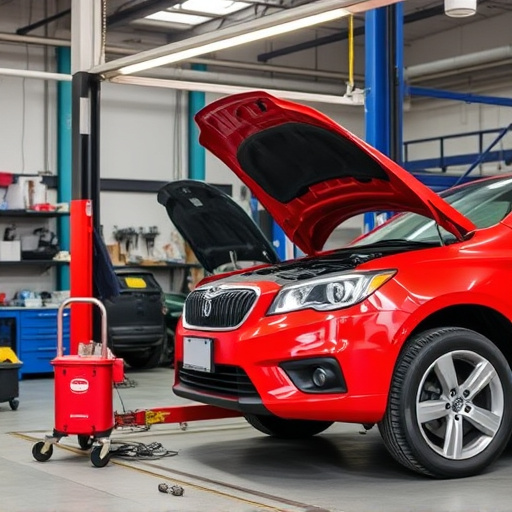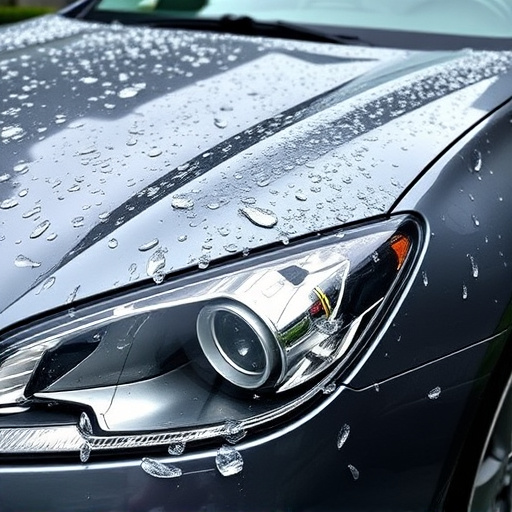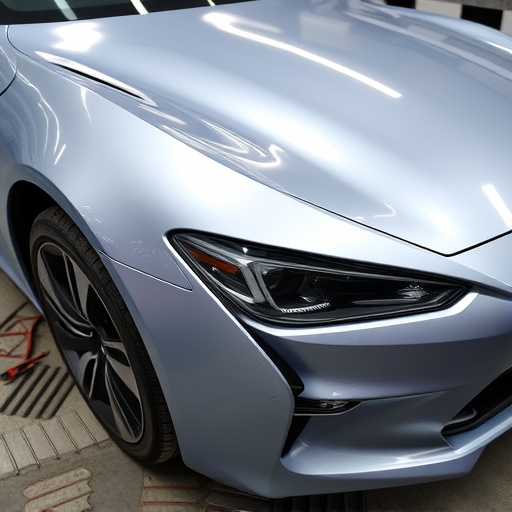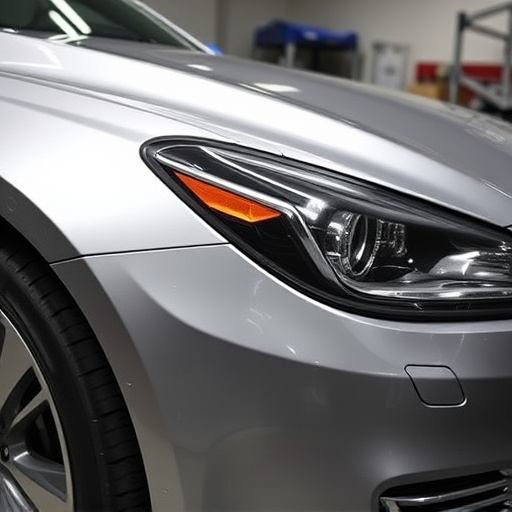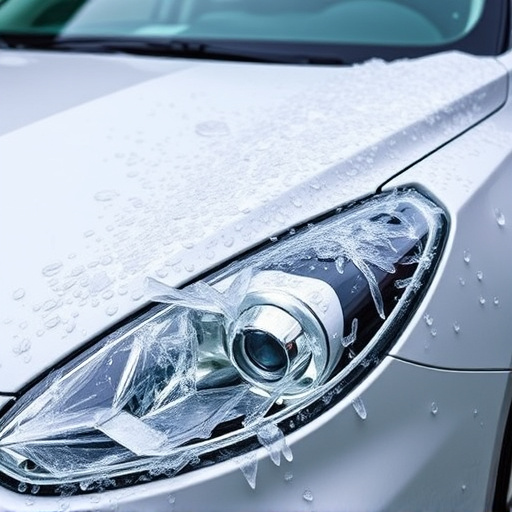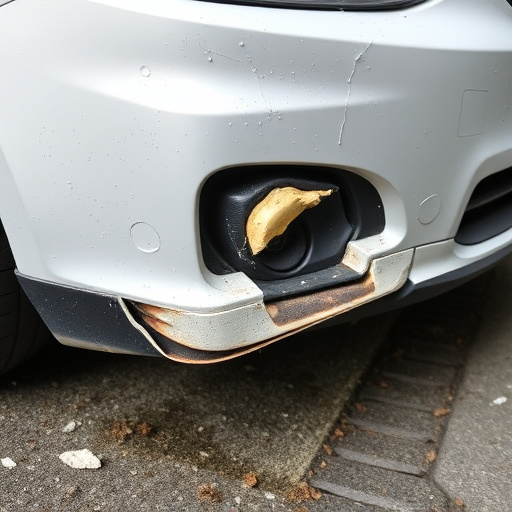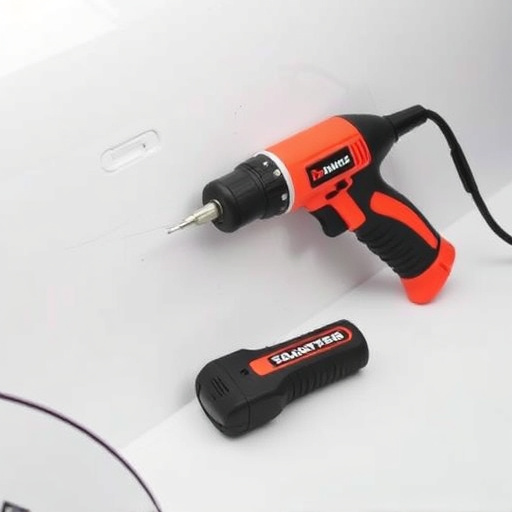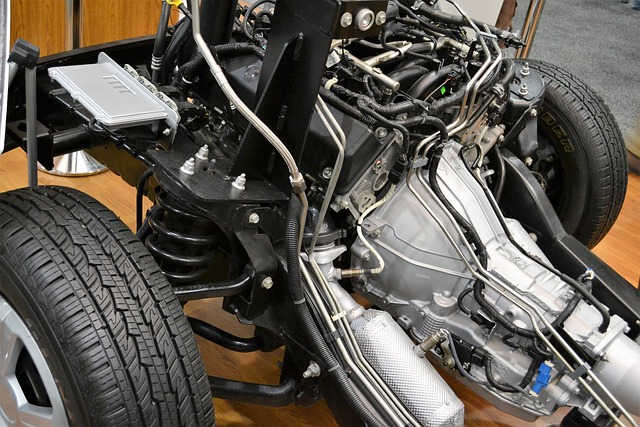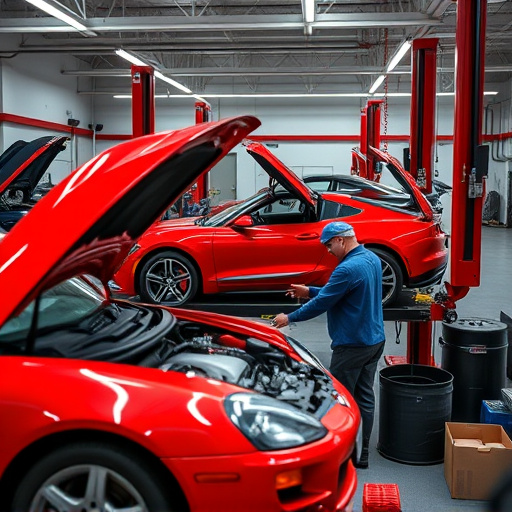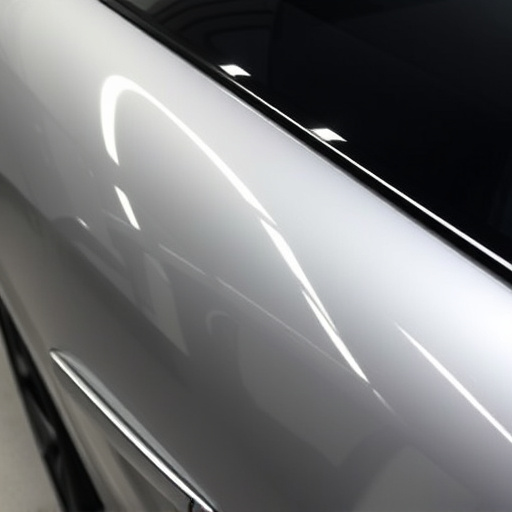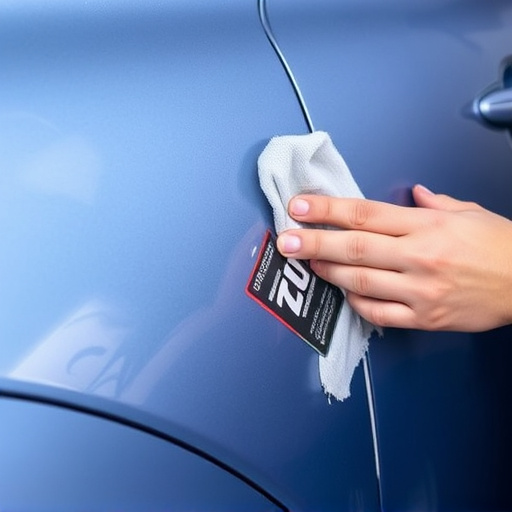Corrosion, a major factor in vehicle depreciation, can be mitigated through regular maintenance like washing, sealing, and protective coatings. This is crucial for maximizing resale value, especially in regions with harsh climates. Effective corrosion prevention not only preserves aesthetics but also structural integrity, reducing repair costs post-collisions, thus ensuring better trade-in values for both dealers and private sellers.
Corrosion prevention isn’t just about maintaining a car’s exterior aesthetics; it significantly influences its trade-in and resale value. In today’s competitive automotive market, understanding how corrosion impacts vehicle valuation is crucial for both buyers and sellers. This article explores the profound effects of corrosion on car values, highlighting the advantages of preventing it at trade-in time and the long-term benefits of choosing collision-resistant vehicles. By adopting effective corrosion prevention strategies, buyers and dealers can navigate the market with greater confidence.
- Corrosion's Impact on Vehicle Value
- Preventing Corrosion: A Trade-In Advantage
- Long-Term Resale Benefits of Corrosion Resistance
Corrosion's Impact on Vehicle Value
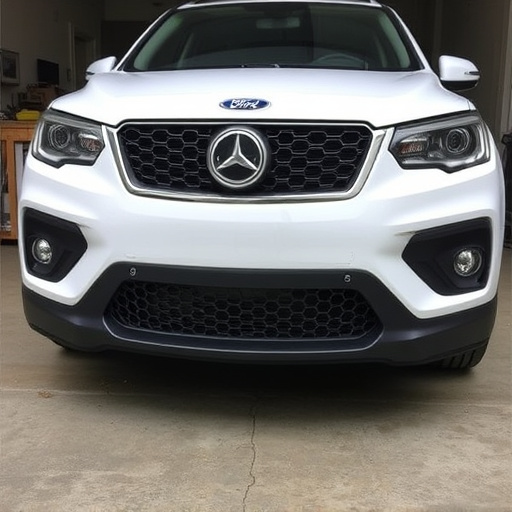
Corrosion is a silent yet powerful enemy that can significantly impact a vehicle’s trade-in and resale value. Even minor corrosion on exterior panels or beneath the surface can indicate to potential buyers that a car has not been well-maintained, leading to a decrease in its perceived worth. In today’s competitive automotive market, where vehicles are often bought and sold within a few years, this can be particularly detrimental for owners looking to trade in their cars.
Proper corrosion prevention through regular washing, sealing, and protective coatings is an essential part of maintaining a vehicle’s value. It not only extends the life of the car’s exterior but also protects against rust formation, which can cause further damage and lead to costly auto repair services. For classic car enthusiasts engaging in classic car restoration, preventing corrosion is crucial to preserving the vehicle’s historical integrity and ensuring its longevity for future generations.
Preventing Corrosion: A Trade-In Advantage

Corrosion prevention plays a significant role in enhancing vehicle trade-in and resale values. By implementing effective strategies to safeguard against rust and decay, car dealerships and private sellers can offer customers higher prices for their used cars. This is particularly crucial in regions with harsh climates where corrosion tends to accelerate, impacting the overall condition of vehicles.
Dealers who prioritize corrosion prevention can stand out in a competitive market. A well-maintained vehicle with minimal signs of rust or water damage is more appealing to buyers. Simple measures like regular washing, waxing, and the use of protective coatings can significantly extend the lifespan of a car’s exterior, ensuring it retains its value during the trade-in process. Moreover, should minor corrosion issues arise, quick interventions such as fender repairs or car paint repair services are relatively cost-effective, allowing for better retention of the vehicle’s worth before reselling.
Long-Term Resale Benefits of Corrosion Resistance
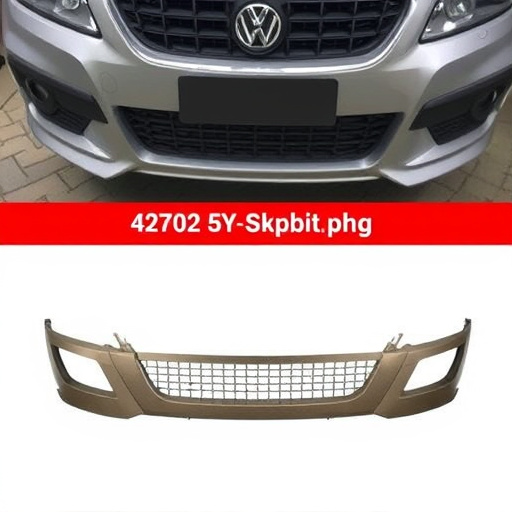
The long-term benefits of corrosion resistance in vehicles extend far beyond initial appearance. A car that has been treated with effective corrosion prevention measures will hold its value significantly better over time, compared to its less protected counterparts. This is particularly true for those who aim to trade-in their vehicles after a few years or keep them for longer periods without major repairs. Corrosion can silently eat away at metal components, leading to structural weaknesses and costly replacements down the line. By investing in corrosion prevention during ownership, whether through regular maintenance or specialized treatments, vehicle owners protect against these hidden expenses.
In the event of a collision or accident, a car with robust corrosion protection will fare better in terms of repairability and resale value. A car body shop specializing in corrosion repair can restore damaged areas to their original condition, ensuring that the vehicle’s structural integrity remains intact. This is especially crucial for older vehicles where hidden corrosion might have developed over time. Thus, corrosion prevention not only safeguards the visual appeal but also becomes a strategic factor in maximizing the resale value of a vehicle, even after it has been through some rough patches, thanks to diligent ownership and specialized repair services.
Corrosion prevention isn’t just a maintenance strategy; it’s a powerful tool that can significantly enhance vehicle trade-in and resale values. By implementing effective corrosion protection measures, dealerships can offer customers higher trade-in amounts and attract buyers seeking durable, reliable pre-owned vehicles. This creates a win-win scenario, ensuring both the satisfaction of current owners and fostering trust in the used car market. In a competitive industry, where every advantage counts, prioritizing corrosion prevention can set dealerships apart as leaders in customer satisfaction and long-term vehicle value retention.


